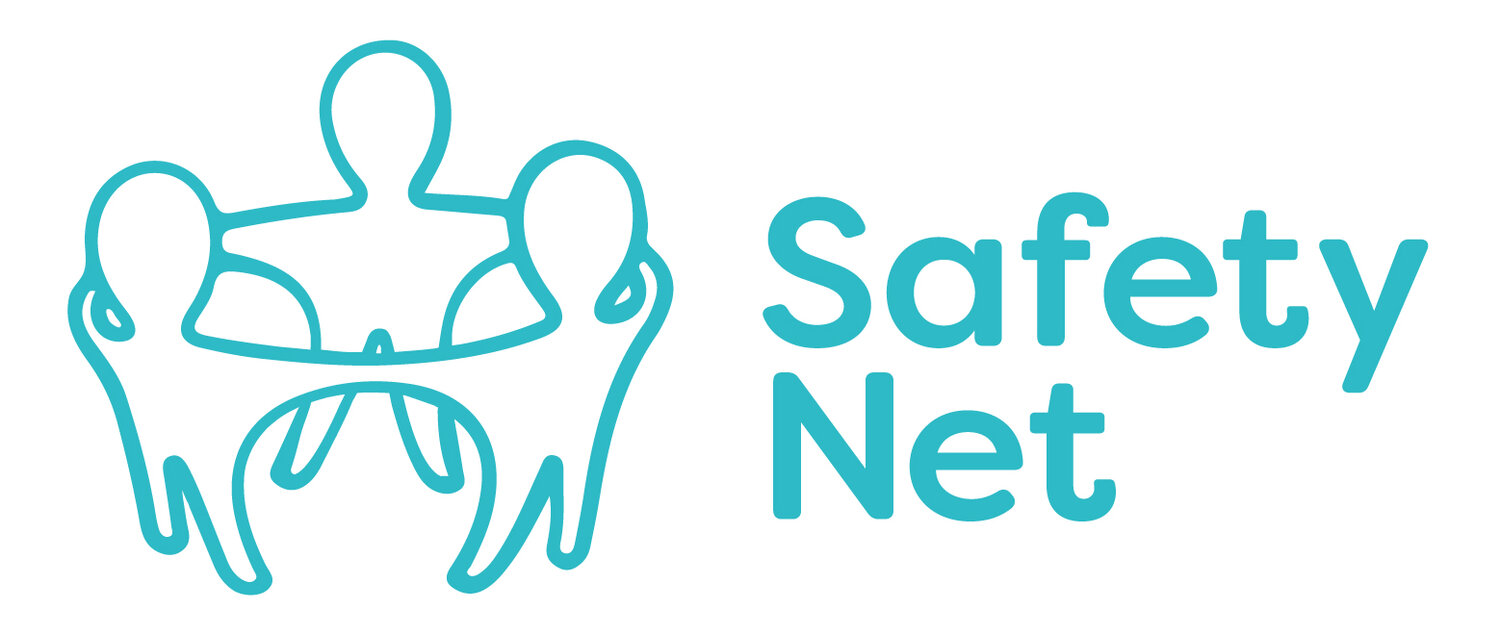The new Domestic Abuse Bill - what difference will it make for victims?
Last week the Domestic Violence Bill finally received Royal Assent, after a three year delay, caused by two general elections, the prorogation of parliament and the pandemic. Here we give an overview of what the new Bill will mean for victims of domestic abuse:
Controlling and coercive behaviour is now a criminal offence. For the first time in history there is now a wide-ranging legal definition of domestic abuse which goes beyond physical violence, including emotional, coercive or controlling behaviour, and economic abuse. Controlling or coercive behaviour which happens post separation will also be counted as abuse. This is important as many victims experience ongoing coercive behaviour at the hands of a perpetrator after their relationship has ended.
Abusers will no longer be allowed to directly cross-examine their victims in the family and civil courts. Victims will be given better access to special measures in the courtroom to help prevent intimidation – for example, the use of protective screens and video evidence.
Non-fatal strangulation is now an offence, and the use of ‘rough sex’ as a defence for murder is now banned.
The use of ‘revenge porn’ is now an offence.
Children will be explicitly recognised as victims if they see, hear or experience the effects of domestic abuse.
All local authorities in England will have a duty to provide victims and their children with safe accommodation, and any homeless victims will be given priority need for homelessness assistance.
The Domestic Violence Disclosure Scheme (Clare’s Law) will be put on a statutory footing, meaning victims can ask the police if they believe a new partner might have a history of domestic abuse, and the police can share details of a perpetrator’s offences of domestic abuse if they believe a new partner is at risk of future violence.
Jo Birch, our Head of Operations said: “Leaving a relationship is often one of the most dangerous times for a victim - research shows that perpetrators are most likely to severely harm or even kill victims at the point of separation. Even if a perpetrator doesn’t physically harm a victim, coercive control often continues… through threatening to share revenge porn, through child contact arrangements and even through cross examination by the perpetrator in the family courts.
“The new Domestic Abuse Bill will give extra protection to our clients and their families. In addition to strengthening protection whilst they are in a relationship, it minimises the chance of further abuse happening when they have made the brave decision to leave. This gives our clients - and their children - the best possible chance to recover from the trauma of what they have been through, with our therapeutic help, allowing them to live happier lives, free from abuse in the future.”

